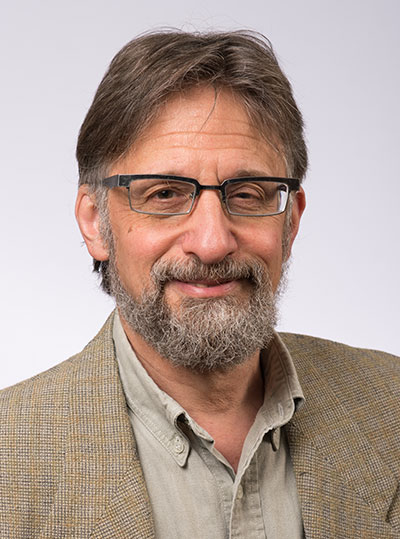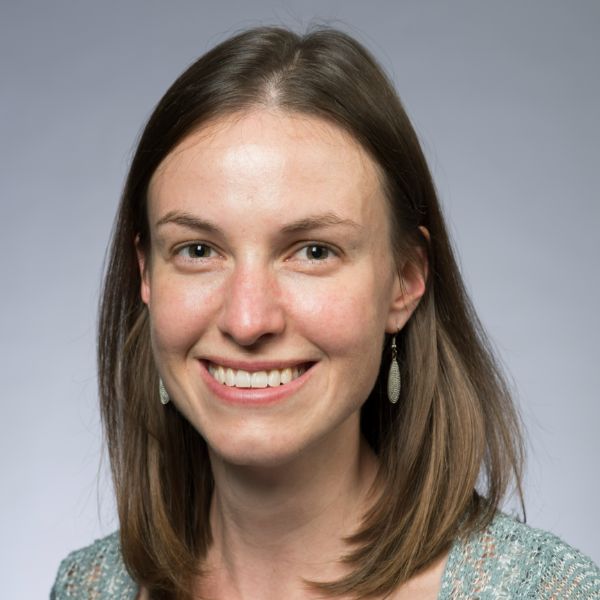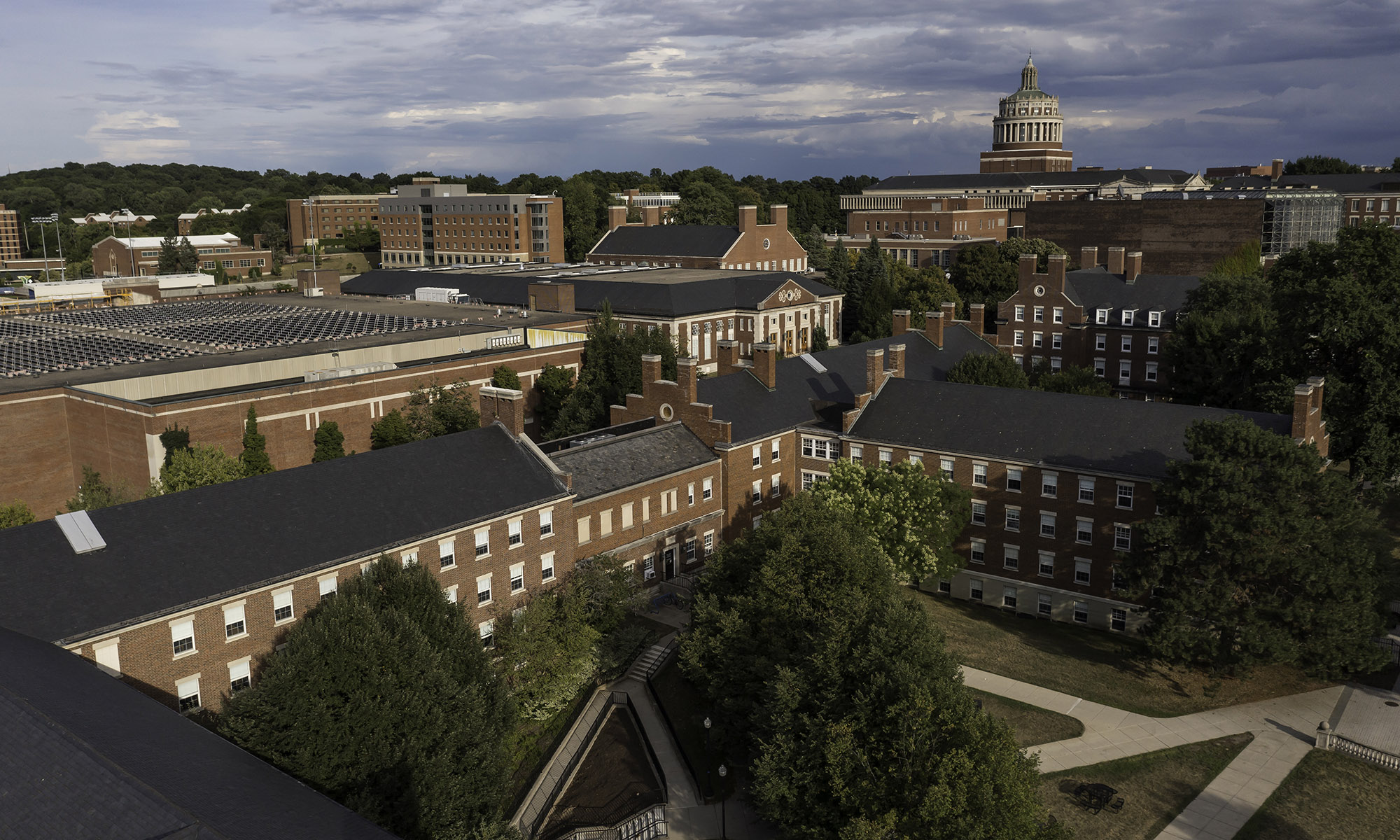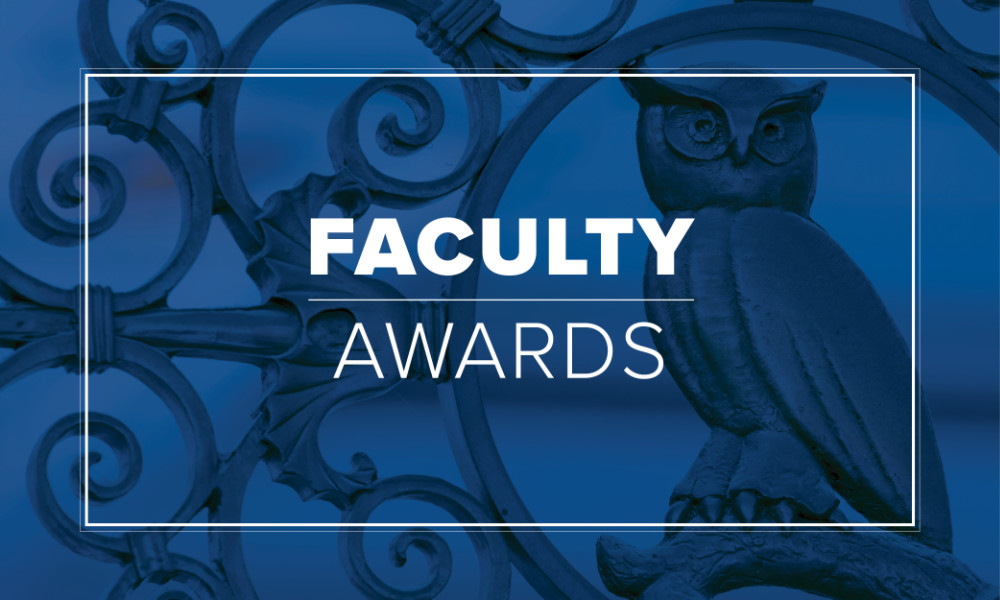Michael Tanenhaus, the Beverly Petterson Bishop and Charles W. Bishop Professor of Brain and Cognitive Sciences, is this year’s recipient of the prestigious David E. Rumelhart Prize, the premier award in the field of cognitive science. He accepted the award at the annual meeting of the Cognitive Science Society last week.

The prize, which includes a $100,000 monetary award, has been bestowed annually since 2001 to an individual or team making a significant contribution to the theoretical foundations of human cognition.
Over the course of his 40-year career, Tanenhaus has focused his research on the mechanisms underlying spoken language and reading comprehension. He is best known as the creator of the Visual World Paradigm, which uses eye movements to study the mechanisms behind speech and language comprehension. This paradigm has been widely adopted for studying language development and disorders.
Below, Tanenhaus discusses this award and his research in his own words:
To use the English expression, I was gobsmacked to learn I had been awarded the Rumelhart Prize. The previous winners have been giants in cognitive science from multiple disciplines, so it’s humbling to be considered worthy.
All of my influential work was conducted in collaboration with a remarkable group of graduate students and post-docs who flowed through the lab as well as collaborations with [University of Rochester professors] Dick Aslin and Greg Carlson, among others. I can take credit for the body of work. However, for every important step there were talented students who led the way. Consider the development of the Visual World Paradigm, a method where we monitored eye-movements using a head-mounted eye-tracker, while participants followed instructions to manipulate objects in a workspace or pictures displayed on a screen. This paradigm allowed us to ask questions about spoken language processing that ranged from speech perception to interactive conversation, widening the domains of inquiry, and revealing important properties of natural language processing. Students led these projects. Their projects formed the initial foundation for their research programs, and pioneered application of the paradigm to new areas of inquiry within language processing.
At the same time, the award is a Rochester story. My work took place in a remarkable interdisciplinary community in cognitive science and later the language sciences that spanned multiple departments, including linguistics, computer science and BCS. The communities created a culture of collaboration, joint mentoring of students, and synergy among research programs that attracted exceptional students and encouraged innovative interdisciplinary research.




